
Love ’em or hate ’em, smart motorways are here to stay. But, there’s a problem.
We’ve done some research with road safety charity Brake, and less than half of drivers actually understand smart motorway rules.

Love ’em or hate ’em, smart motorways are here to stay. But, there’s a problem.
We’ve done some research with road safety charity Brake, and less than half of drivers actually understand smart motorway rules.
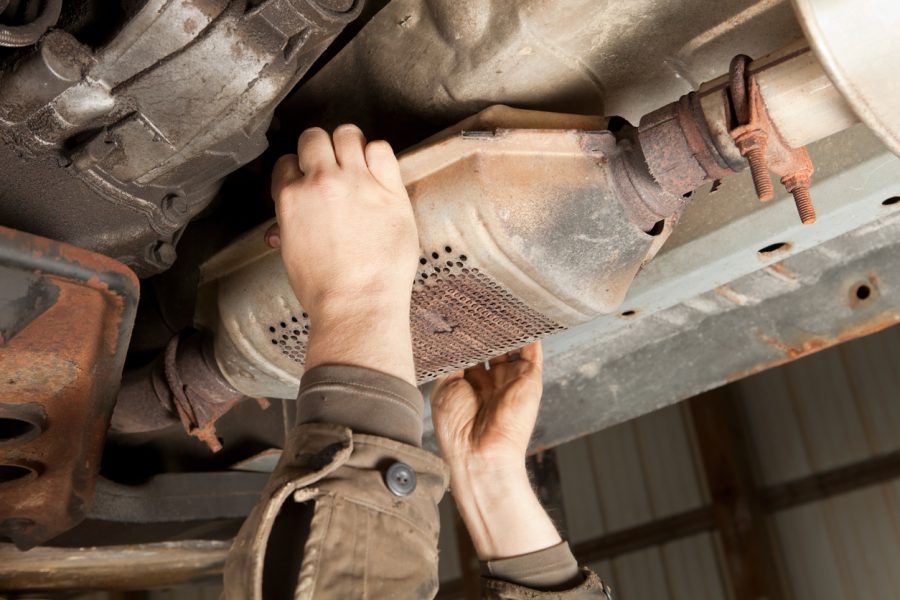
The Catalytic converter or ‘cat’ is a standard part of every modern car’s exhaust system. It helps to reduce harmful pollutants in the engine’s fumes. But thefts of catalytic converters are increasing dramatically.
In 2019, reported thefts of cats rose to 13,000 throughout England and Wales – up six times on the previous year. It’s not cheap to put right either. Replacement catalytic converters cost anywhere between £500 and £2500, depending on the car. Read on to find out if you could be at risk.

Car owners whose MOT falls in the coming three months should book their test early. Garages are experiencing a surge in demand for MOTs, creating a test backlog. There are fears some drivers may struggle to get their car tested in time.
The extra demand is thanks to the MOT extension brought in at the end of March 2020. Experts believe there could now be nearly twice as many drivers looking to have MOT tests done in November, December and January. This will make garages much busier than usual.
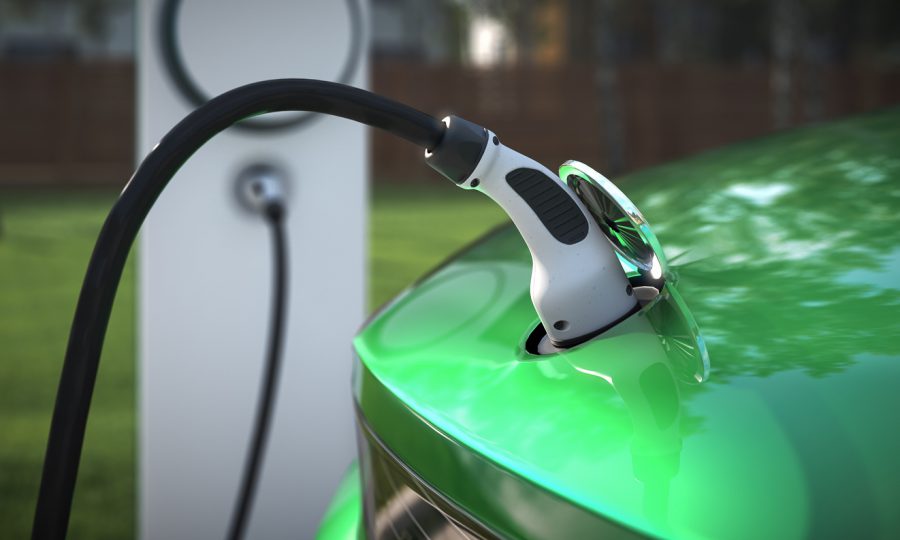
Updated 19 November 2020.
The Government has pledged to ban the sale of petrol and diesel cars – barring some hybrids – in 2030. But, we’ve done some research, and it seems that Brits are ready to switch to electric vehicles much, much sooner.

The clocks going back sees November registering a dramatic increase in the number car crashes in the UK. It’s caused by more people driving in the dark combined with the weather getting worse.
But one thing drivers can do to protect themselves and other road users is have their eyes tested. Read on to find out why dodgy eyesight is a significant contributor to road crashes.
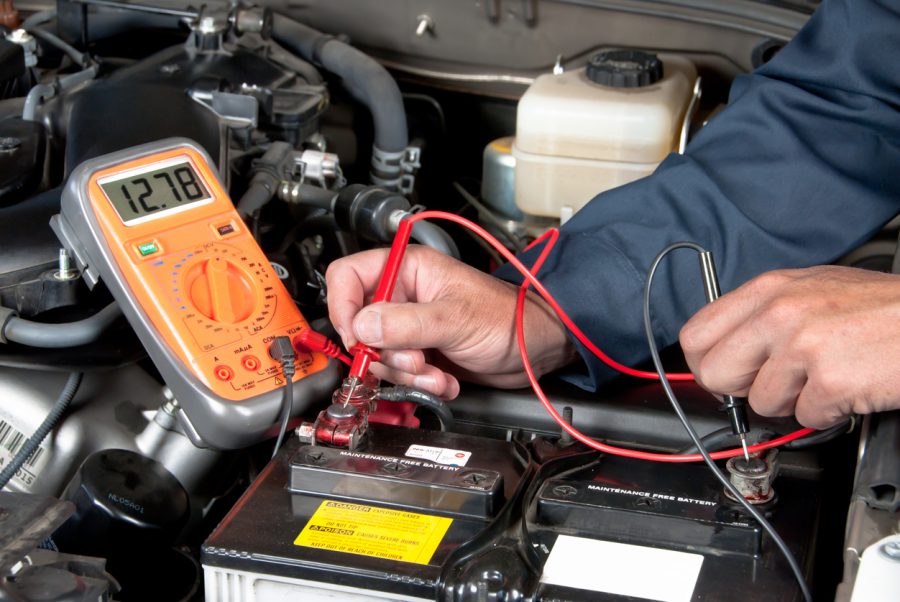
Updated 02 December
Winter is well and truly here, so now’s the time to prepare your car for cold weather.
If you can, the best way to get your car ready for winter is to take it in for a service. But if your scheduled service isn’t due, here are some important tips that should ensure your car won’t let you down when the going gets cold.
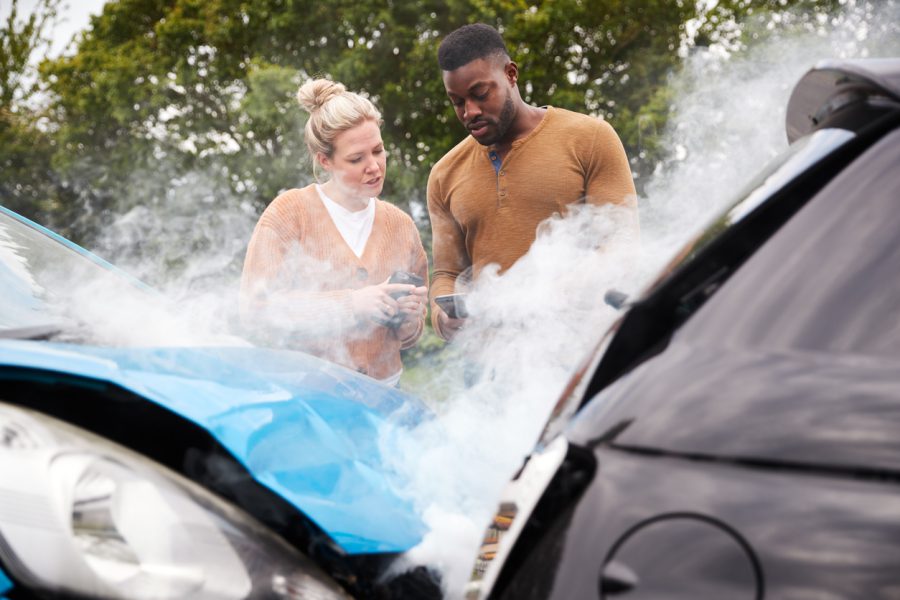
The good news for car drivers is insurance premiums could fall next year. The bad news is this year, the risk of being a victim of insurance fraud could increase. And drivers should be aware they’re being targeted in another scam called ‘click to call’. Read on to find out how motor insurance fraud is changing.
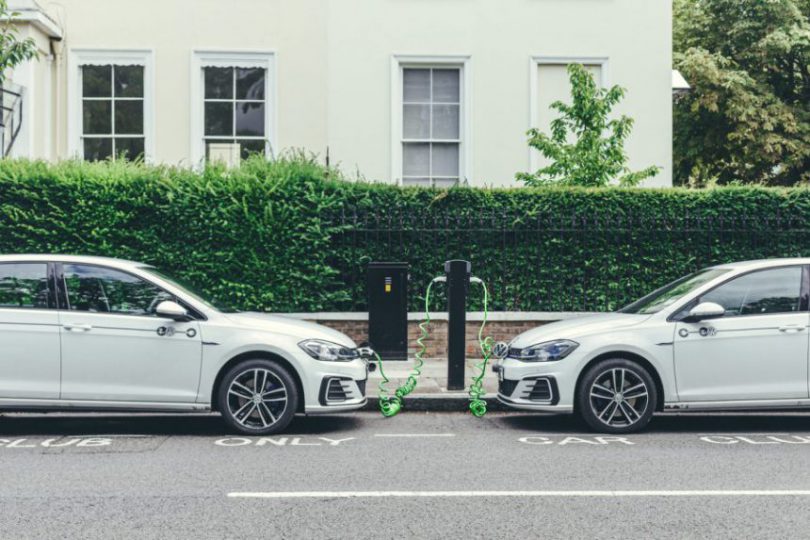
The UK government is believed to be ready to say it wants a sales ban on new petrol and diesel cars from 2030. This sales ban will include hybrid cars and bring the proposed changes forwards by 10 years.
The government may even consider lowering tax on electric cars after an independent study recently found that ‘some form of financial support to make it easier to afford’ an electric vehicle would be effective and popular.
But assuming this ban does go ahead in 2030, what will it mean to the millions of ordinary drivers out there? We investigate.

Everyone loves a world record. But how well do you know your motoring worldies? We’ve trawled the record books and come up with 10 fiendishly crafty facts to test your knowledge. And even if you don’t get them all right, you’ll certainly arm yourself with some top trivia.
Continue reading
Not bothering learning to drive because a self-driving car will do the work for you? Looking forward to checking social media on your smartphone or messaging your mates legally while at the wheel?
The time when you’ll be able to do both these is edging nearer but there’s still some way to go. Read on to find out where the UK is at now with autonomous or self-driving cars.
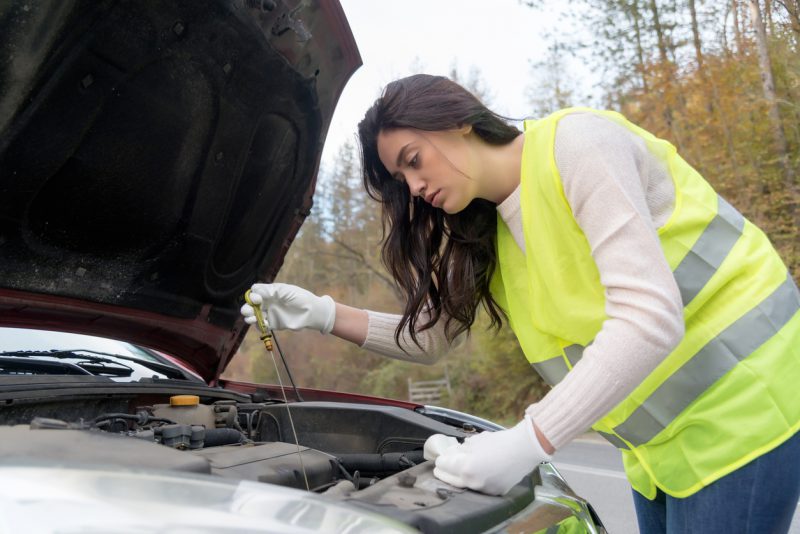
More than half of younger student drivers are planning to take their car to university this year, research by Green Flag found. The study revealed that 54 per cent of 18-24 year old students hope to have their car with them when the 2020 academic year starts.
If you’re one of those student drivers, there’s plenty to consider. From the type of car you choose, to how you look after it and what you tell your insurer, we investigate what you need to know.

If your learning to drive was delayed by the COVID-19 pandemic, you’ll be relieved to hear things are getting back to normal.
Driving lessons have been held again since the beginning of July. Learners who feel they’re ready have been able to book a test since August 26. However, reserving a test slot has proved difficult because of technical difficulties with the Driver and Vehicle Standards Agency (DVSA) website. Read on to find out more about learning to drive and taking the test.

Car theft has risen by a half over the last five years. That means every nine minutes in 2019 a car was stolen in the UK, official figures say. One organisation even estimates vehicle-related crime costs the UK £2.7m per day. But which models were most sought after by thieves? And where should you park if you don’t want your car to be stolen? Read on to find out.
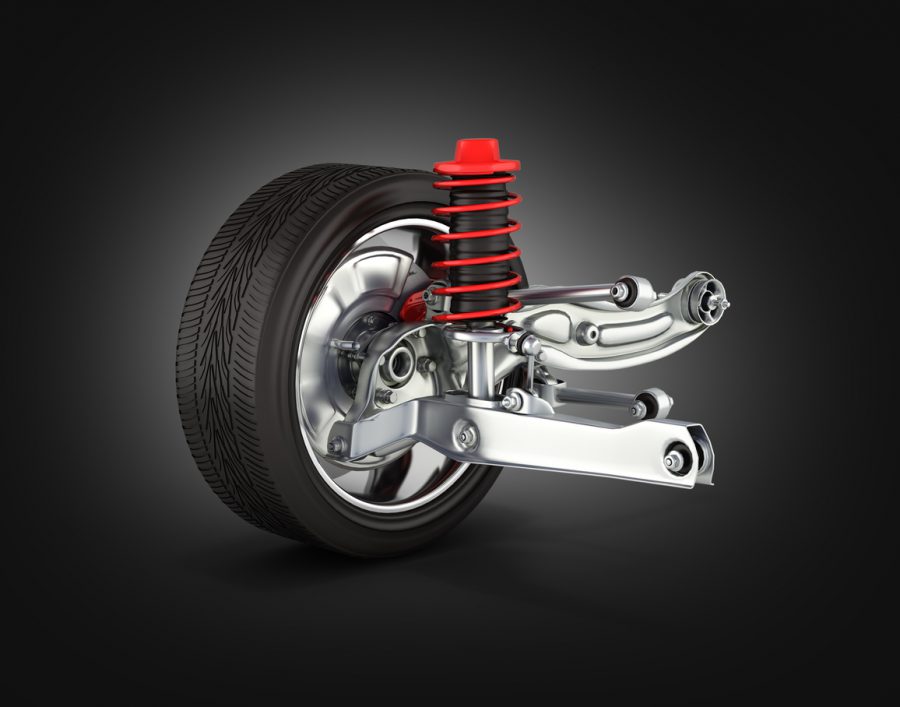
The suspension on our cars is a very hard-working piece of kit. And it’s one we take for granted – until we experience suspension trouble. While we’re driving forwards, the suspension is constantly in motion too, coping with undulations in the road surface and other forces on the car.
It’s the suspension that keeps the car’s road wheels in touch with the ground when we go round corners. And it’s the suspension that helps to insulate the driver and passengers from the outside.
Unsurprisingly with something that’s so busy, cars can suffer suspension trouble. And the number of potholes on our roads seem to be making suspension trouble more likely. Read on to discover how to diagnose it.

Car washing in hot weather, or even on a warm sunny day for that matter, can become a long, drawn out and frustrating process. Even sunshine on a relatively cool day can cause trouble when you want to clean your car.
Cars heat up astonishingly quickly in the sun. According to researchers at Stanford University in the US, on a day when the temperature is just 20 degrees C, a car’s interior will get to 38.9 degrees C within 30 minutes. If the outside temperature is 24 degrees C, it will reach 42.9 degrees C in 30 minutes.
The car’s mainly metal bodywork soaks up heat just as effectively, causing water to evaporate quickly as soon as it’s spread over your motor. The result will leave a dirty tide mark of combined shampoo and dirt. And when you do manage to rinse that off, it’ll dry quickly again, leaving spots on your paintwork from impurities in the water.

Now’s the time when most of us are either going away or preparing for our summer break. And it’s when our cars come into their own as a trusty family workhorse. Below are six basic summer car checks you can carry out. They’ll only take a couple of minutes and will ensure your car performs safely and reliably while you’re away.
If you’re worried about anything, don’t hesitate to book your car in for some professional attention. Alternatively, you could take your car for one of Green Flag’s free vehicle health checks. But in the first instance, read on to see the six summer checks I think you should perform.
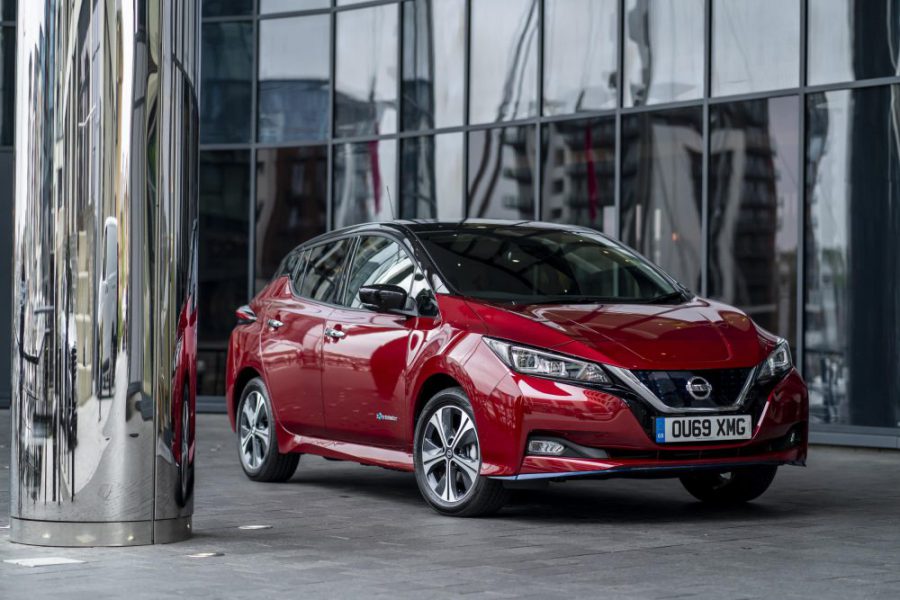
If you’re considering the switch to an electric car, now might be the time to do it. A new study by insurer Direct Line has revealed that the average lifetime costs of running an electric vehicle (EV) are now cheaper than the equivalent petrol-powered model.

Modern motors are technical marvels that are more than capable of storing our personal data. And new research has revealed that when they sell their car, thousands of drivers are giving away potentially delicate information such as friends’ and relatives’ names and addresses. Read on to find out if you’re in danger of doing that or have perhaps already done it.
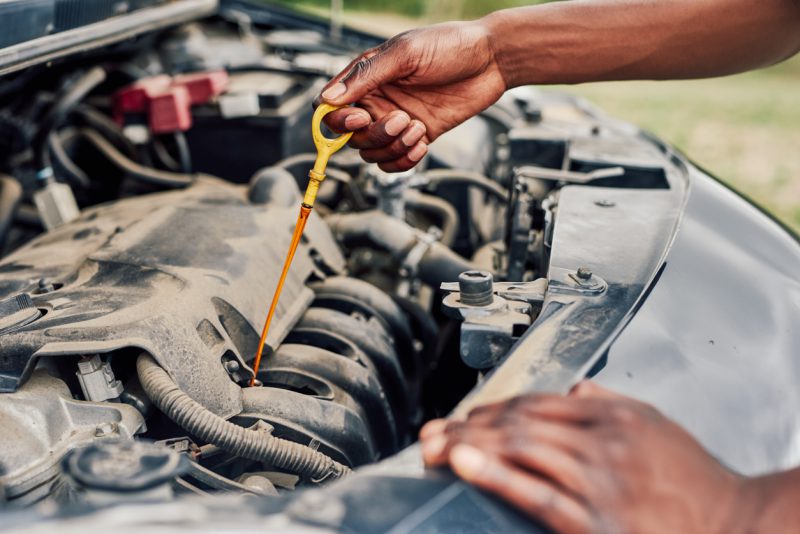
One in 10 UK drivers say they never perform any kind of safety check on their vehicle. And 14 million licence holders check their cars once a year or less. Those are the shocking findings following some recent research by Green Flag and road safety charity Brake.
If you want to test your knowledge of car maintenance, why not try our quiz? It’s fun and it’ll help give some tips and pointers for what you should do to keep your car in top shape.
Continue reading
Updated 02 November.
Earlier in the year, MOT expiry dates were extended by six months for certain vehicles.
The extension is only for vehicles that had an MOT due between 30 March 2020 and 31 July 2020.
But, what does this extension actually mean? And what about MOTs due from 01 August onwards? Here’s everything you need to know.
Continue reading